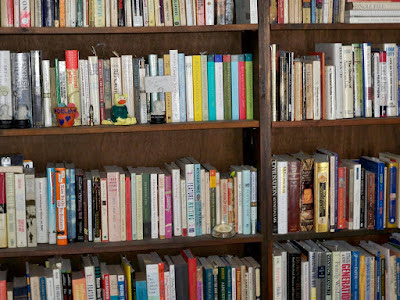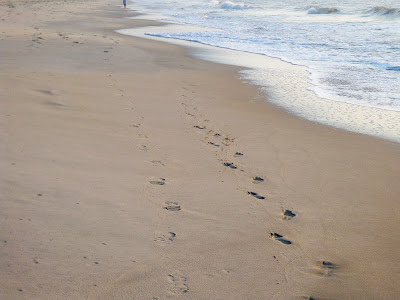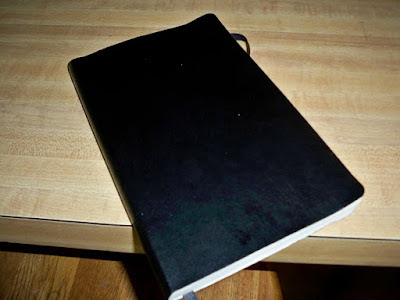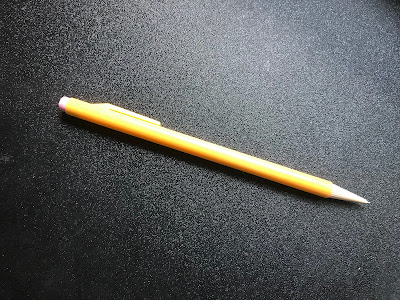In one of the last chapters of Devil in the White City, the engrossing nonfiction narrative of the 1893 Chicago World’s Fair, author Erik Larson writes, “The fair taught men and women steeped only in the necessary to see that their cities did not have to be dark, soiled, and unsafe bastions of the strictly pragmatic. They could also be beautiful.”
The fair gave common folks a glimpse of what cities could be and inspired artists to create beautiful fantasy cities of their own. Walt Disney’s father, Elias, worked on the fair and its beauty rippled down to his son, Walt, who created his own “White City” in the Magic Kingdom. Author L. Frank Baum visited the fair and it informed his vision of Oz.
Though some critics complained that the World’s Fair, with its emphasis on the neoclassical, actually delayed a more uniquely American architectural style, the pendulum seems to have swung around on that point. “The fair awakened America to beauty and as such was a necessary passage that laid the foundation for men like Frank Lloyd Wright and Mies van der Rohe,” Larson notes.
Daniel Burnham, the architect who created the fair, later devoted his expertise to helping real cities attain the sweep and majesty of the White City. He drew up plans for parts of Chicago, as well as for Cleveland and San Francisco, and he helped fully realize Pierre L’Enfant ‘s vision of Washington, D.C.
It was beauty that drove this quest, the desire to replicate the grand cities of Europe. A noble occupation, I think, and one to admire.









